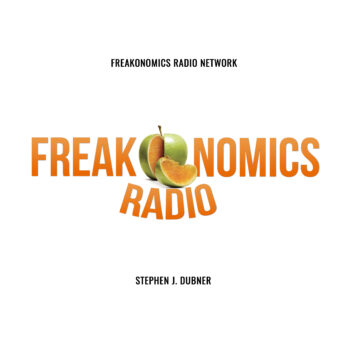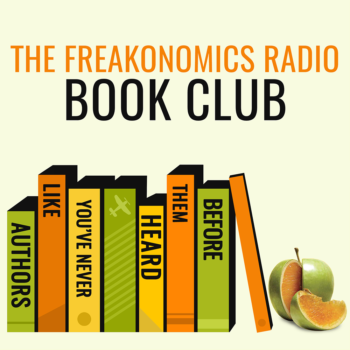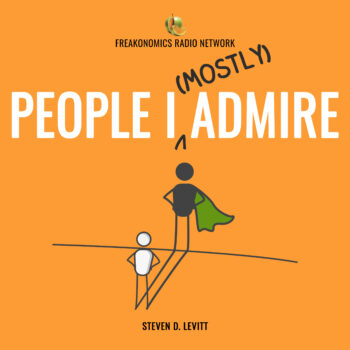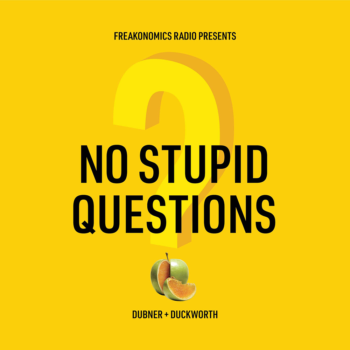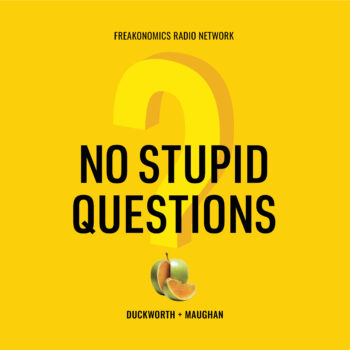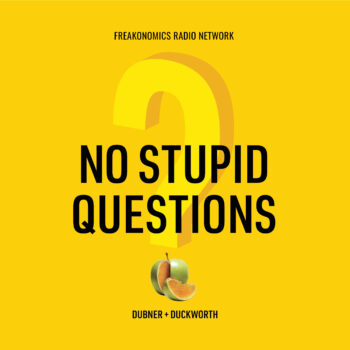Calling All Professors and Teachers Who Are Using “Freakonomics”
There’s a brand-new, four-part Freakonomics Study Guide, available for free for anyone who uses the book for teaching. (The four parts are: Teacher’s Guide, Student’s Guide, Test Answers and Test…

